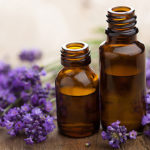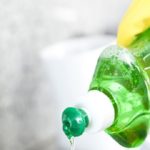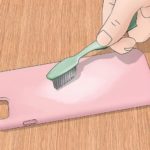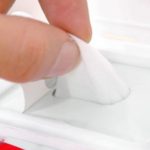Dishwashing liquid is an effective assistant that helps clean all kinds of dirt, grease on dishes, plates, pots, pans… It is almost an indispensable item in every modern family’s kitchen.
However, if you regularly wash dishes carelessly, without generating enough foam, the chemicals remaining in the dishwashing liquid will cling to the utensils and then stick to the food, entering the body, which can cause diseases in the long run. Not to mention, if the hands come into direct contact with the chemicals in the dishwashing liquid regularly, they will become dry, thin, and more prone to inflammation and allergies.
Knowing how to clean dishes without dishwashing liquid will help minimize these risks. On the other hand, even if you maintain the habit of using dishwashing liquid, there will be situations where the product runs out but the dishes are still dirty, waiting to be washed.
Tips for cleaning dishes without dishwashing liquid
If you have sensitive skin, you should limit the use of dishwashing liquid and replace it with natural cleaning ingredients. Here are some tips for cleaning dishes without using dishwashing liquid that you can apply right away.
Using lemon, vinegar, and salt
Thanks to its acetic acid content, lemon and table vinegar have the ability to effectively remove stubborn stains on dishes. Salt has disinfecting properties and is also used in current cleaning products. You can combine lemon, vinegar, and salt into a natural dishwashing solution. The ingredients you need to prepare include:
Lemons: 6 clean, chopped
Rice vinegar: 100ml
Filtered water: 500ml
Refined salt: 1 cup.
Put all the ingredients in a pot, boil and grind them finely, wait for the mixture to cool then strain it to remove impurities. The resulting solution can be used to clean dishes like dishwashing liquid.
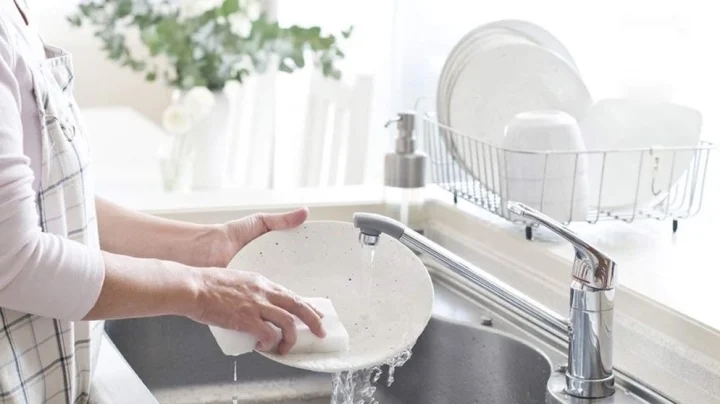
You should know some tips for cleaning dishes without dishwashing liquid.
Cleaning with boiling water
When there is no dishwashing liquid, the method of cleaning with boiling water is commonly used. Boiling water helps remove dirt, grease stuck on dishes, pots, pans. The procedure is as follows:
Remove all remaining food from the dishes, plates, pots… with clean water. For heavily greased pots, pans with a lot of food residue, you can soak them in hot water mixed with salt to reduce stickiness. The preliminary rinse helps remove basic grease and excess food, shortening all subsequent steps.
Put all the dirty dishes, plates, utensils into a basin, pour boiling water over them, and wait until the grease is completely dissolved, then remove them. You can repeat this 1-2 times for completely clean utensils and then use a clean cloth to wash each dish with warm water.
Use a dry cloth to wipe clean and keep in a dry place.
Note: This method should not be used with plastic dishes as when they encounter heat, they will release harmful chemicals.
Use lemon and salt
First, rinse the dishes with water to remove some of the residue, grease to save time for cleaning. Then, soak the dirty dishes in warm water, squeeze lemon juice or put some salt, wait for a while, then take them out, wash them again, and wipe them dry with a clean cloth.
With this method, you will find that the dishes are not only clean but also have a faint fragrance of lemon.
Note when washing dishes
Washing dishes is a simple task, but if done incorrectly, it can cause unforeseen consequences. Here are some things to remember when washing dishes:
Do not use one cloth to wipe everything. Use two separate cloths, one for washing dishes and one for drying clean dishes. Avoid placing the wiping cloth near food, especially unprocessed food.
Use a cloth for dishes and utensils made of cotton fabric. The weave and softness of the fibers provide gentle friction, making it easy to remove dirt without scratching the dishes and easy to wash clean.
After washing dishes, wash dishcloths and dish towels in water, preferably soak them in hot water (60 degrees Celsius).
Regularly replace dishwashing cloths and dish towels after a certain period of time (1 month).
According to VTC.vn
























